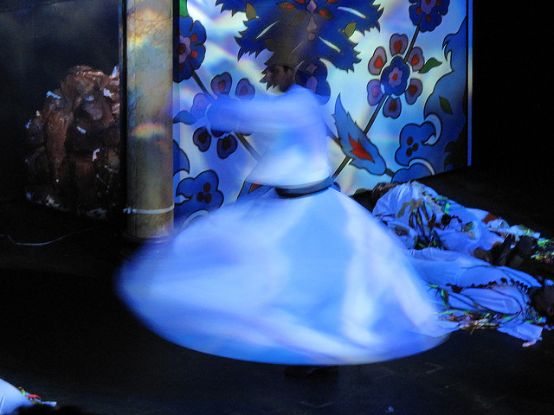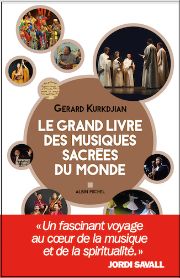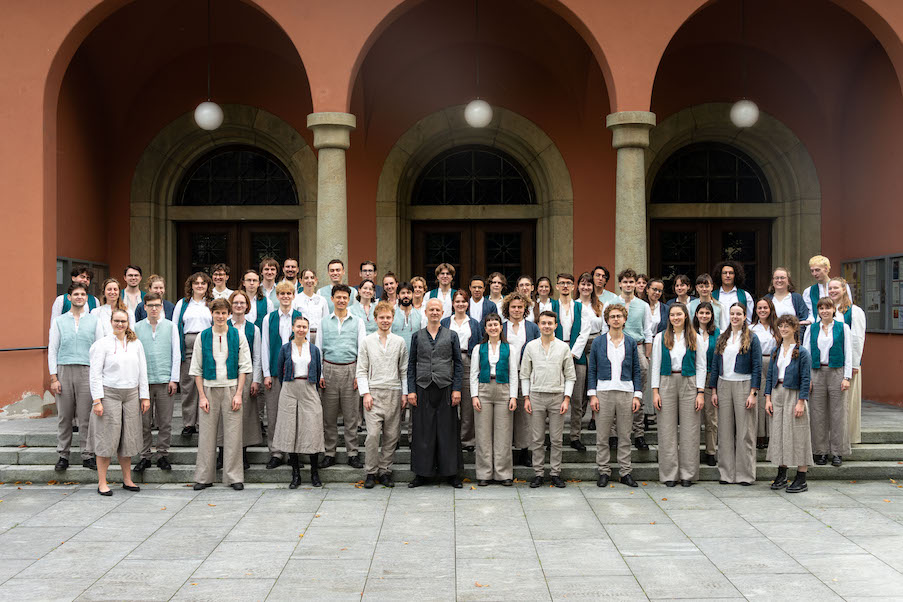Religious musical traditions
A book of uneven quality that passionately invites us to discover the sacred music of the world.

The author of this book, designed to introduce the general public to the sacred music of different religious traditions, is first and foremost a passionate connoisseur of world music. His enthusiasm for storytelling and his ability to convey his admiration and knowledge of the subject are clear to see. Thus, chapters such as those devoted to the songs of the Eastern Churches, to negro spirituals and gospel, those dedicated to the sacred music of Islam and Judaism, and many others, invite discovery and form a very good first approach to these musics that have recently been happily appreciated in the West. On the other hand, the author seems less at ease in the chapters dealing with Western music. The same fervor is certainly to be found here, but a few details are not misleading, starting with the use of certain hollow adjectives (superb, sublime, magnificent) that are no substitute for a true description, or a few imprecisions of language ("polyphonic parts of plainchant", p. 64). A few surprising errors make us regret that the author did not check his sources more carefully (Telemann applied for the post of cantor in Leipzig, not "titular organist"), check for consistency (John XXII's famous decretal condemning the Ars nova changes name and date on page 81, whereas these indications are almost correct on pages 38 and 94 - note that this pope was elected in 1316, not 1314 as wrongly noted on p. 36) or browsed through the scores (orchestral overture The Great Russian Passover by Rimsky-Korsakov mentioned as a liturgical work, clarinets erroneously added to the orchestra's instrumentation Mass in B by Bach, while the corno da caccia is forgotten), to give just a few examples. Similarly, we can only be astonished at the absence of the names of Schubert or Mendelssohn, whose sacred works are far more essential than the Requiem for peace by Henri Tomasi, far from a must-have, and to which an entire page is dedicated. In short, we'll try to forget the imperfections of the first quarter of the book and enjoy the rest, especially since even the section devoted to 20th-century Western music is of a higher standard and more precise.
It's worth noting that monotheisms take up the lion's share - over two-thirds of the book - and one might prefer the rich traditions of China and Japan to be commented on by more than, respectively, six and four pages. Taoism and Confucianism are quickly brushed over, Mazdeism and Shintō barely mentioned, Jainism and Sikhism totally absent. A pity, but the author makes up for it in the sections devoted to the sacred music of Hinduism and Buddhist liturgies, as well as to various animist and shamanic rituals and cults (from Cuba, Haiti, Mali, Siberia, etc.) and even jazz. At the end of each chapter, with one exception, an interpreter specializing in the repertoire covered answers one or more questions, and a list of selected CDs encourages further listening to what has been learned through reading.
Gérard Kurkdjian: Le Grand Livre des musiques sacrées du monde, 432 p., € 23.90, Editions Albin Michel, Paris 2016, EAN13 9782226326294









